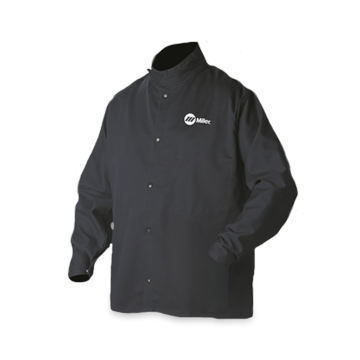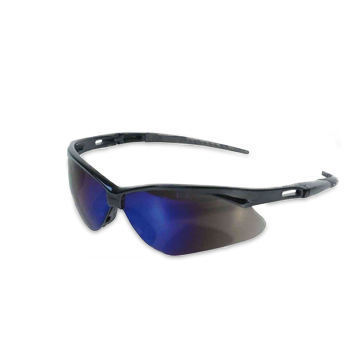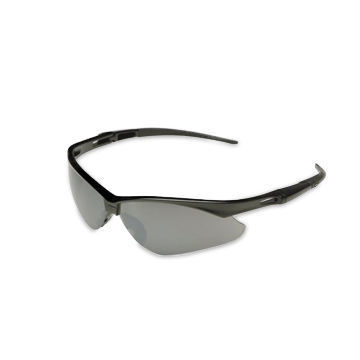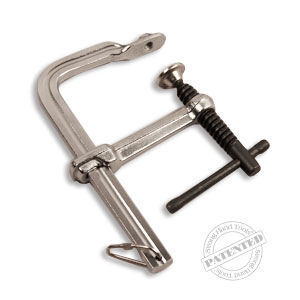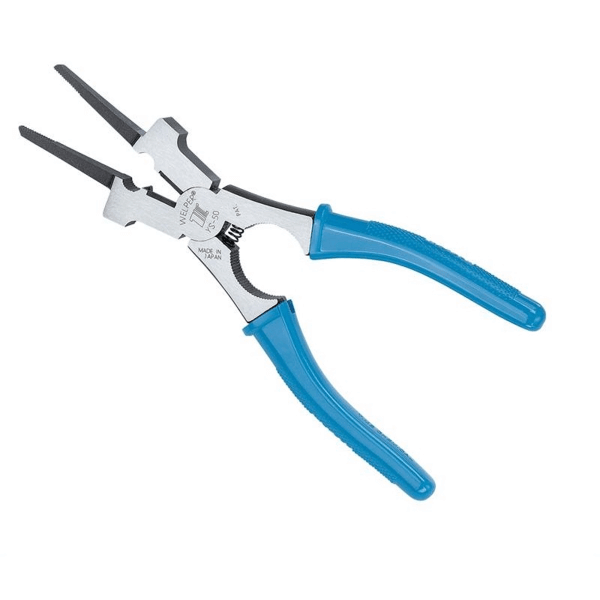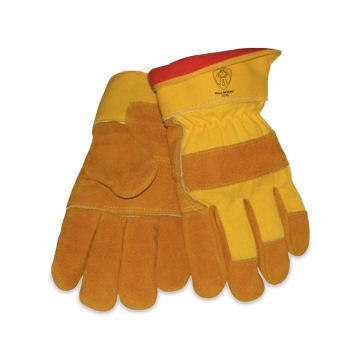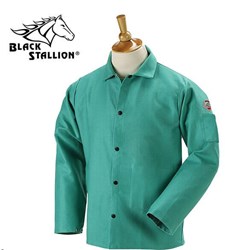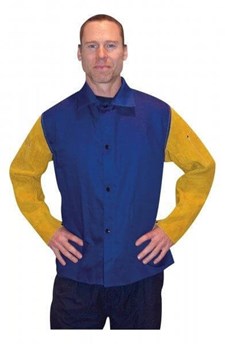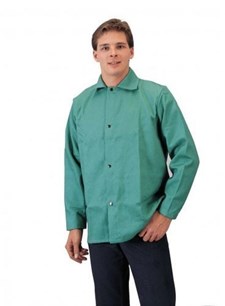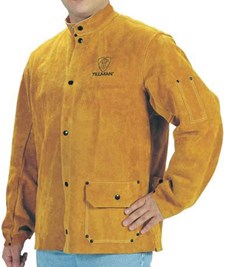Zi Lu (You), Zi Xi (Qiu), Zan You (Chi) and Gong Xihua (Dian) were sitting with the Master. Confucius said, “Although I am a day or so older than you fellows, forget about it for the time being. You are all always saying: ‘Our talents are unrecognized.’ Suppose your abilities were fully acknowledged. What would you do then?”
Zi Lu jumped to reply first, saying: “I would like to be in the position of the charge of a thousand-carriage state (a relatively small state) which was being threatened by the armies of the surrounding larger states, and suffering from crop failure. If I were in this position, within three years my people would be fearless and know how to take care of themselves.”
Confucius laughed at him.
He turned to Qiu and said, “What about you?”
Qiu said, “Let me have the government of a territory of 60 to 70 li, or maybe 50 to 60 li, for three years, and the people would have all they need. As for handling the affairs of ritual and music, I would seek the services of a noble man.”
“Chi, what about you?”
Chi said, “I cannot say I am capable of what the other two have proposed, though I would like to work toward it. At the services at the ancestral hall, or at the audiences with the Prince, I would like to serve as a minor assistant, dressed in the ceremonial gown and cap.”
“Dian, what about you?”
Dian set his lute down with its strings still ringing, and stood up. “What I would like to do,”he said, “is quite different from these three.”The Master said, “What harm can there be? Please speak as the others have.”
Dian said, “At the height of spring, all decked out in spring clothes, I would like to take five or six young men, and six or seven youngsters to go for a swim in the Yi river, enjoying the cool breeze at the Rain Dance Festival, and make our way back home, singing.”
Confucius sighed, and said, “Ah, lovely. I am with you, Dian.”
The three others left and Dian asked the Master: “What did you think about the words of those three?”
Confucius said, “Each just told his wish.”
“But why did you laugh at You?”
“Because to govern a state, you need propriety, and his words are totally lacking in humility. That's why I laughed at him.”
“But Qiu wasn't asking for a state.”
Confucius said, “Have you ever seen a territory of 60 or 70 li that wasn't a state?”
“At least Chi wasn't asking for a state.”
“Yes, but who besides the nobility can serve in the ancestral temple, or have an audience with the Prince. If Chi were to be a minor assistant at these affairs, who could be a chief assistant?”
Highlights
- Caption 33: Value 33
- Caption 1: Value 2
- Caption 2: Value 4
- Change 3: 1213
- Caption 4: Value 4
Yan Yuan asked about the meaning of humaneness. The Master said, “To completely overcome selfishness and keep to propriety is humaneness. If for a full day you can overcome selfishness and keep to propriety, everyone in the world will return to humaneness. Does humaneness come from oneself, or from others?”
[Comment] This passage has always provided problems for translators and commentators. Virtually all of the modern English translators either alter the grammar of this sentence or reinterpret it and in such a way as to disallow the possibility that power of the mind of a single individual to bring peace to the world. 30 I.e., we are expected to acknowledge that a single person obviously does not have the power to influence the whole world, and only one in a position of political power can do so. For this reason, I hesitate to rewrite the text in this case, and try to think further of what Confucius meant.
For instance, do we really know what it is like to “completely overcome our selfishness” for a full day, and be perfectly guided by proper action? I would like to suggest that perhaps we do not know the level of spiritual influence that may be brought about by the actualization of one's inner perfection. Also, in the case of a ruler: can political power in itself make the people become good? It is doubtful.
This is an important passage in that it shows very clearly a world-view that is common to all the philosophers whose works are contained in this volume: a world not of isolated monads, but a world that is much more transparent, unified and connected than we of modernity perceive. We now return to the text.
Yan Yuan asked: “May I ask in further detail how this is to be brought about?” Confucius said, “Do not watch what is improper; do not listen to what is improper; do not speak improperly and do not act improperly.” Yan Yuan said, “Although I am not so perspicacious, I will apply myself to this teaching.”
This product replaces these legacy models:
Ji Zi Zhang said: “All the noble man needs is to have his substance. Why should he need external refinement?”
Zi Gong said, “Amazing! You speak about the noble man, but a team of horses couldn't keep up with your tongue. Refinement is substance; substance is refinement! When the hair is taken off the hide of a tiger or leopard, it looks the same as the hide of a dog or sheep.”
SHIPPING DIMENSIONS |
|
| Height: | 1.00 Inches |
| Width: | 1.00 Inches |
| Length: | 1.00 Inches |
| Weight: | 1 Lb(s) 0 Oz |
 IRS 179 SALE
IRS 179 SALE 













